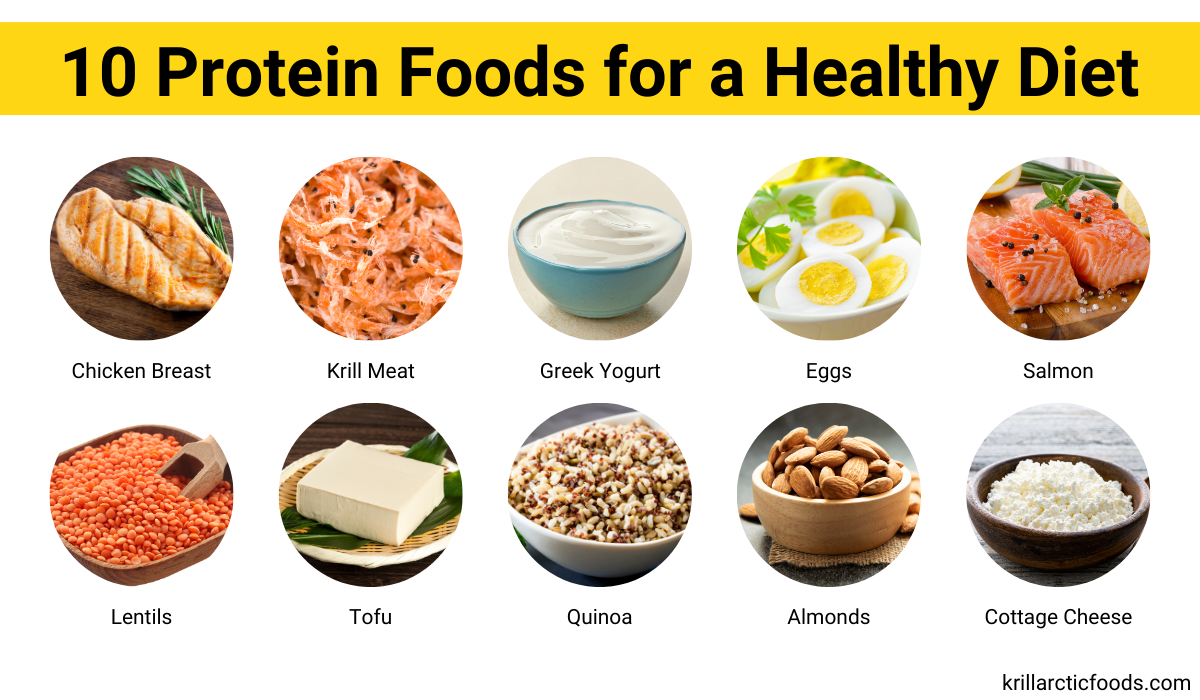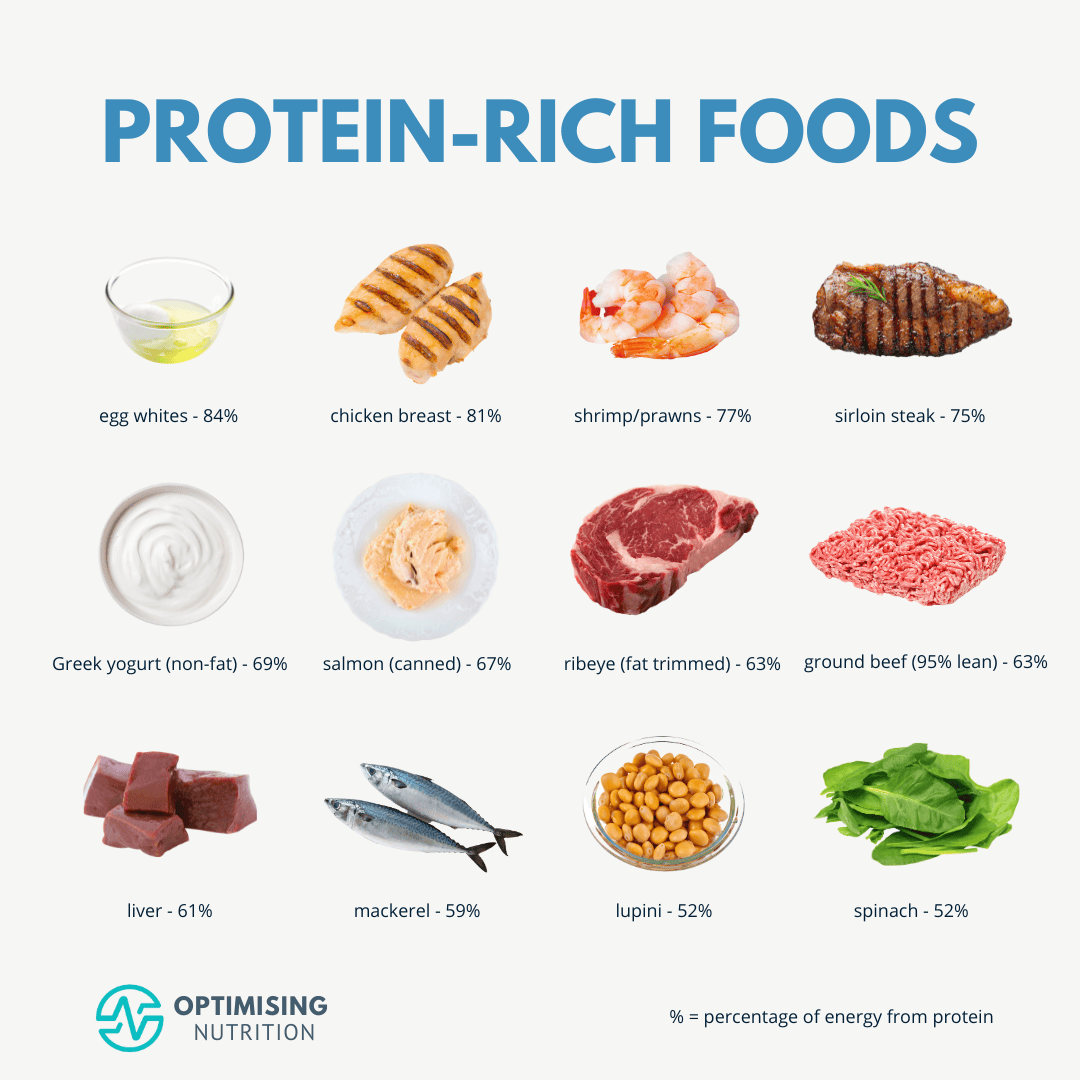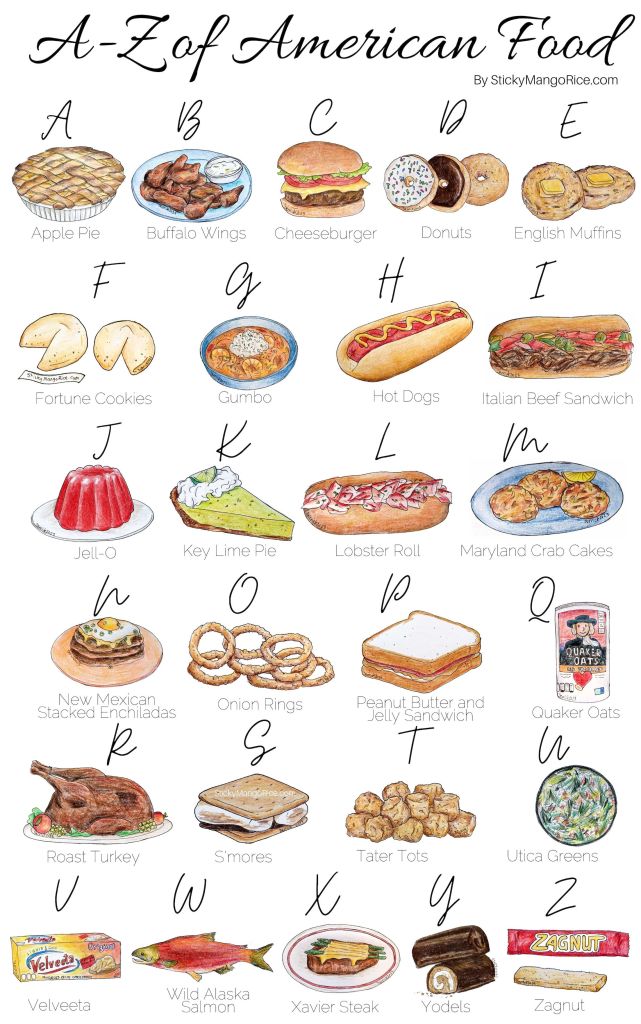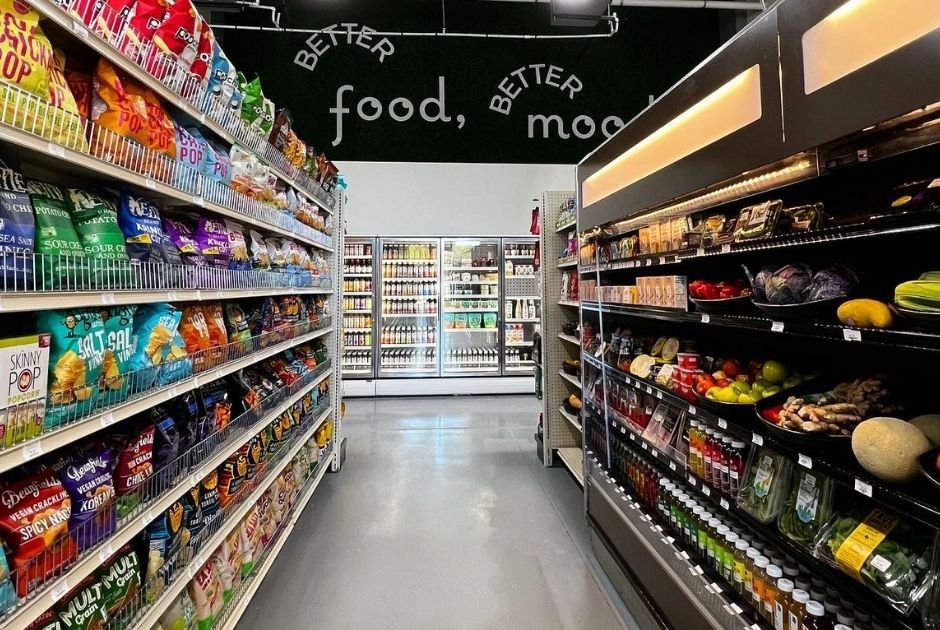Have you ever stood in the grocery aisle, staring at brightly packaged snacks, and wondered whats actually inside them? You're not alone. The term ultra processed foods has been buzzing around nutrition circles, diet groups, and even in conversations with friends. But what does it mean, really, and should you be worried? Lets walk through it togetherplainly, honestly, and with a bit of empathy for the occasional late-night craving.
Why it matters
First off, why should you care about ultra processed foods? Because what we eat affects how we feelphysically and mentally. These products are designed to taste irresistible, stay shelf-stable for ages, and often cost less than whole-food alternatives. That convenience is amazing on busy days, but long-term, a diet high in these items has been linked to weight gain, higher risk of chronic disease, and sometimes even mood swings. Knowing what they are helps you make choices that support your energy, health, and longevity.
Clear definition
So lets define it without the jargon. Ultra processed foods are industrially formulated products that go well beyond simple preparation. They often contain multiple ingredients you wouldnt find in a normal kitchenthings like emulsifiers, artificial colors and flavors, high levels of added sugar, and other chemical-sounding additives. Think of them as heavily tinkered-with foods engineered for flavor, texture, and long shelf life.
Common examples
Here are a few familiar faces youve probably encountered:
- Sweet or savory packaged snackschips, cookies, candy bars
- Sugary breakfast cereals and instant oatmeal with added flavoring
- Ready-to-eat meals and microwaveable dinners
- Fast food items and many frozen pizzas
- Sodas, sweetened drinks, and flavored milks
- Processed meats like hot dogs, many deli meats, and certain sausages
Does that list include your comfort foods? It's okaythis isnt about guilt; its about awareness.
Main ingredients to watch
Want a quick checklist to spot ultra processed foods? Look at the ingredient list. If you see long, unfamiliar words or a long list full of additives, thats a clue. Ingredients commonly found in ultra processed foods include:
- Added sugars and syrups (high fructose corn syrup, glucose)
- Refined oils and fats
- Preservatives to extend shelf life
- Artificial colors and flavors
- Emulsifiers, stabilizers, and texturizers
- Protein isolates or modified starches
Remember: not every processed food is bad. Canned beans, plain frozen vegetables, or pasteurized milk are processed but still nutritious. The concern is with the heavily engineered ones.
How ultra processed foods affect health
This is the part where we get honest. Regularly eating ultra processed foods can influence your health in a few ways:
- Energy roller coaster: High sugar and refined carbs can spike blood sugar and crash energy, leaving you craving more snacking.
- Weight concerns: These foods are often calorie-dense and easy to overeat because theyre engineered to be hyper-palatable.
- Cardiovascular and metabolic risks: Studies link diets high in ultra processed foods with higher risks of heart disease, type 2 diabetes, and some cancers.
- Gut health: Additives and low fiber content may negatively affect your microbiome over time.
- Mental health connections: Emerging research suggests a link between diet quality and moodeating mostly ultra processed foods might contribute to lower mental well-being for some people.
But lets be compassionate herelife happens. It's rarely helpful to aim for perfection. Small, consistent shifts are better than strict, short-lived diets.
Practical swaps you can try
Alright, so you're convinced that trimming down on ultra processed foods is worthwhile. What next? Here are practical and realistic swaps that wont make you feel deprived:
- Swap sugary cereal for plain oats with fresh fruit and a drizzle of honey.
- Choose whole fruit or unsweetened yogurt instead of candy or flavored yogurt cups.
- Make simple homemade versions of favorite snackspopcorn with a pinch of salt beats most packaged chips.
- Keep frozen vegetables and plain frozen fruit on hand for quick meals and smoothies.
- Replace soda with sparkling water and lemon or a splash of real fruit juice.
- Opt for whole-grain bread with minimal ingredients instead of highly processed sandwich loaves.
These swaps wont rob you of joy. In fact, many people find that after a few weeks their taste buds adjust and they start enjoying simpler flavors more.
How to shop smarter
Making better choices starts in the grocery aisle. Try these tips to build a shopping list that supports healthier habits without adding stress:
- Shop the perimeter: Produce, dairy, and fresh meat tend to live on the store edgesstart there.
- Read ingredient lists, not just labels: Claims like low-fat or whole grain can be misleading if the ingredient list is long and full of additives.
- Buy in bulk when it makes sense: Nuts, seeds, and whole grains are often cheaper in larger quantities and keep you stocked for healthier snacking.
- Plan simple meals: A few tried-and-true recipes reduce the temptation to rely on convenience foods.
If youre short on time, embrace semi-prepared foods that are minimally processedthink pre-washed salad greens, rotisserie chicken, or plain frozen fish fillets.
Real-life tips for busy people
I get itbusy schedules make healthful eating feel like climbing a mountain. Here are small changes that fit into a hectic life:
- Batch-cook once or twice a week: A big pot of soup, a roasted tray of veggies, or a batch of baked chicken makes weeknight dinners easier.
- Snack prep: Portion nuts, cut veggies, and hard-boiled eggs into grab-and-go containers.
- Keep a rescue list: Know two or three healthy takeout options in your area for nights you truly cant cook.
- Embrace leftovers: Todays dinner can be tomorrows lunch, often tasting even better the next day.
Remember: even a handful of better choices each week adds up. It's about progress, not perfection.
Balancing enjoyment and health
Lets be real: completely avoiding ultra processed foods isnt necessary for everyone, nor is it always realistic. What matters more is balance and awareness. Enjoying a favorite treat now and then is part of a healthy relationship with food. The goal is to make those treats the occasional highlightnot the default.
Think of your diet as a mosaic: lots of colorful, whole-food pieces with a few shiny, processed tiles sprinkled in. That mix can be vibrant, satisfying, and sustainable.
Signs you might want to cut back
Curious if youre relying too much on ultra processed foods? A few gentle signs might include:
- Feeling constantly hungry or experiencing frequent energy crashes
- Eating similar packaged snacks most days out of convenience
- Noticing mood dips or bloating after meals
- Routinely choosing items from the middle aisles of the grocery store
If any of these resonate, try making one small change and see how you feel. Sometimes the body responds fast, cheering you on with better sleep or steadier energy.
Final thoughts and small challenges
If youve stuck with me this far, thank you. Talking about ultra processed foods isnt about shameit's about knowledge and thoughtful choices. Here's a gentle challenge to get started:
- Week 1: Swap one ultra processed snack for a whole-food alternative three times this week.
- Week 2: Add one extra vegetable to your daily mealssauted, roasted, or raw.
- Week 3: Cook one simple meal at home instead of ordering in.
What do you think? Will you give one of these a try? Share what worked (or didnt)Id love to hear your experience. And if you have questions about a specific food or how to make swaps that fit your lifestyle, Im here to help. Small steps, warm encouragement, and lots of real-life tipsthats the plan. Youve got this.
FAQs
What exactly are ultra processed foods?
Ultra processed foods are industrially formulated products with many added ingredients like emulsifiers, artificial flavors, preservatives, and high levels of added sugar or refined fats, designed for long shelf life and heightened palatability.
Are all processed foods unhealthy?
No. Some processed foods—such as canned beans, frozen vegetables, pasteurized milk, or whole-grain bread with few ingredients—can be nutritious. The main concern is heavily engineered, ultra processed items.
How do ultra processed foods impact weight and energy?
They tend to be calorie-dense and hyper-palatable, which can lead to overeating. High amounts of sugar and refined carbs can also cause blood sugar spikes and crashes, leaving you tired and hungry sooner.
Can small changes really make a difference?
Yes. Simple, consistent swaps—like choosing whole fruit over candy, plain oats over sugary cereal, or sparkling water instead of soda—can improve energy, mood, and long-term health without strict dieting.
How can busy people reduce ultra processed foods?
Practical steps include batch-cooking, keeping frozen fruits and vegetables on hand, prepping snacks in advance, and having a few healthy takeout options for very busy nights.














